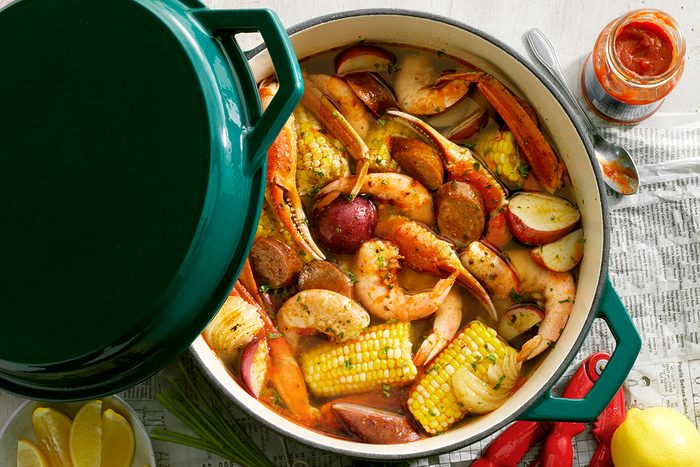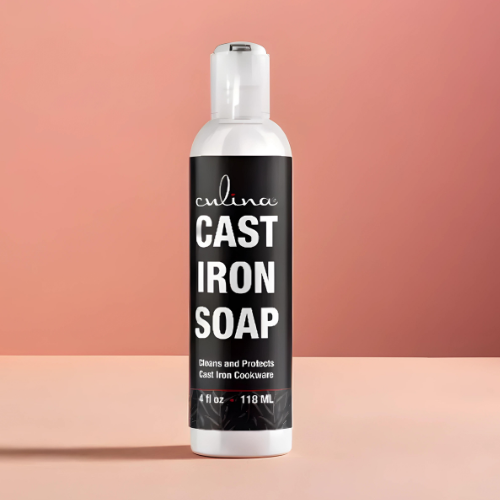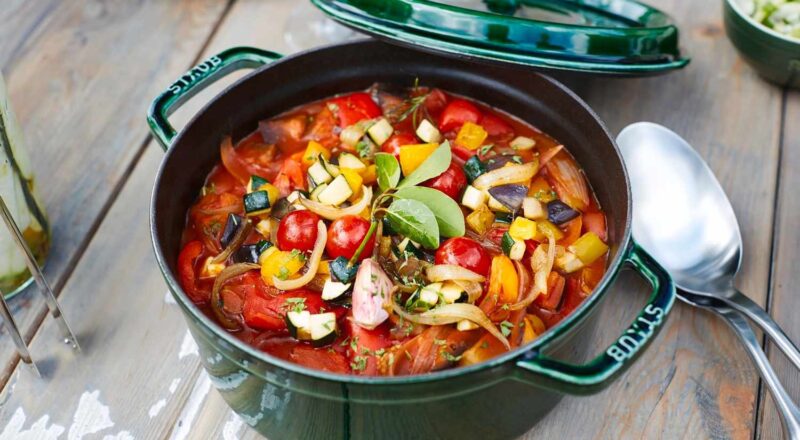Learning how to clean rusty cast iron Dutch oven is essential for any kitchen professional or cooking enthusiast. This versatile cookware can last for generations, but only if taken care of properly. In this guide, we will delve into effective methods, from basic cleaning to rust removal and seasoning.

Understanding Cast Iron: Its Heres What You Need to Know
Cast iron cookware has a solid reputation for its excellent heat retention and durability. Yet, its vulnerable to rust if not maintained properly. Understanding its properties is the first step in ensuring your Dutch oven stays in top condition.

Basic Care for Cast Iron Dutch Ovens
Day-to-Day Cleaning
For daily maintenance, wash your Dutch oven with warm water and mild soap. Dry it thoroughly to prevent rust formation. Avoid soaking the pot as it can lead to rusting.
Seasoning Your Dutch Oven
Seasoning involves coating the cookware with a layer of fat and heating it to create a non-stick surface. This layer also protects the iron from moisture.

Identifying Rust on Your Dutch Oven
Spotting Surface Rust
Surface rust appears as flaky, reddish-brown spots. Its usually easy to deal with and doesnt indicate deep damage.
Deeper Rust Issues
If the rust has penetrated deeper, it may require more intensive treatment to restore the surface of the pot to a usable condition.
Steps to Remove Rust: Restore Your Dutch Oven
Step 1: Gather Your Supplies
You’ll need steel wool, a scrub brush, mild soap, and vinegar. Make sure you also have access to an oven for drying and seasoning the pot.
Step 2: Vinegar Soak
Soak the rusty areas in a solution of equal parts vinegar and water for up to 8 hours. This helps to dissolve the rust.
Step 3: Scrubbing the Rust Away
Use steel wool and a scrub brush to remove the loosened rust. Rinse thoroughly with water and dry the oven immediately.
Step 4: Re-seasoning the Oven
After removing the rust, you must re-season the cast iron to restore its protective layer. Apply vegetable oil or shortening and heat it in the oven at 400F for an hour.
Preventative Measures: Keep Rust at Bay
Proper Storage
Store your Dutch oven in a dry place with the lid off to allow air circulation. This prevents moisture buildup, which can lead to rust.
Regular Maintenance
Maintain the seasoning layer by applying a thin coat of oil after each use. This keeps the cast iron impervious to moisture.
Common Mistakes to Avoid
Using Harsh Detergents
Harsh chemicals can strip away the seasoned layer, leaving your cast iron vulnerable to rust.
Skipping the Drying Process
Always dry your cookware thoroughly after washing to prevent water spots that can lead to rust.
Frequently Asked Questions
Can I Use Soap on Cast Iron?
Yes, mild soap is safe, but avoid using too much, as it can strip the seasoning.
How Often Should I Re-season My Dutch Oven?
Re-season your Dutch oven whenever the surface starts to look dull or if food begins to stick.
What If My Dutch Oven is Severely Rusty?
For severely rusted ovens, you may need to repeat the rust removal and seasoning process.
Conclusion: The Importance of Maintenance
Knowing how to clean rusty cast iron Dutch oven is crucial for extending its lifespan and ensuring it stays a valuable part of your kitchen. With proper care and regular maintenance, your Dutch oven can serve you and future generations.
Further Reading
For more tips on using and maintaining your Dutch oven, check out this article and other helpful guides.
As an Amazon Associate, I earn from qualifying purchases.

